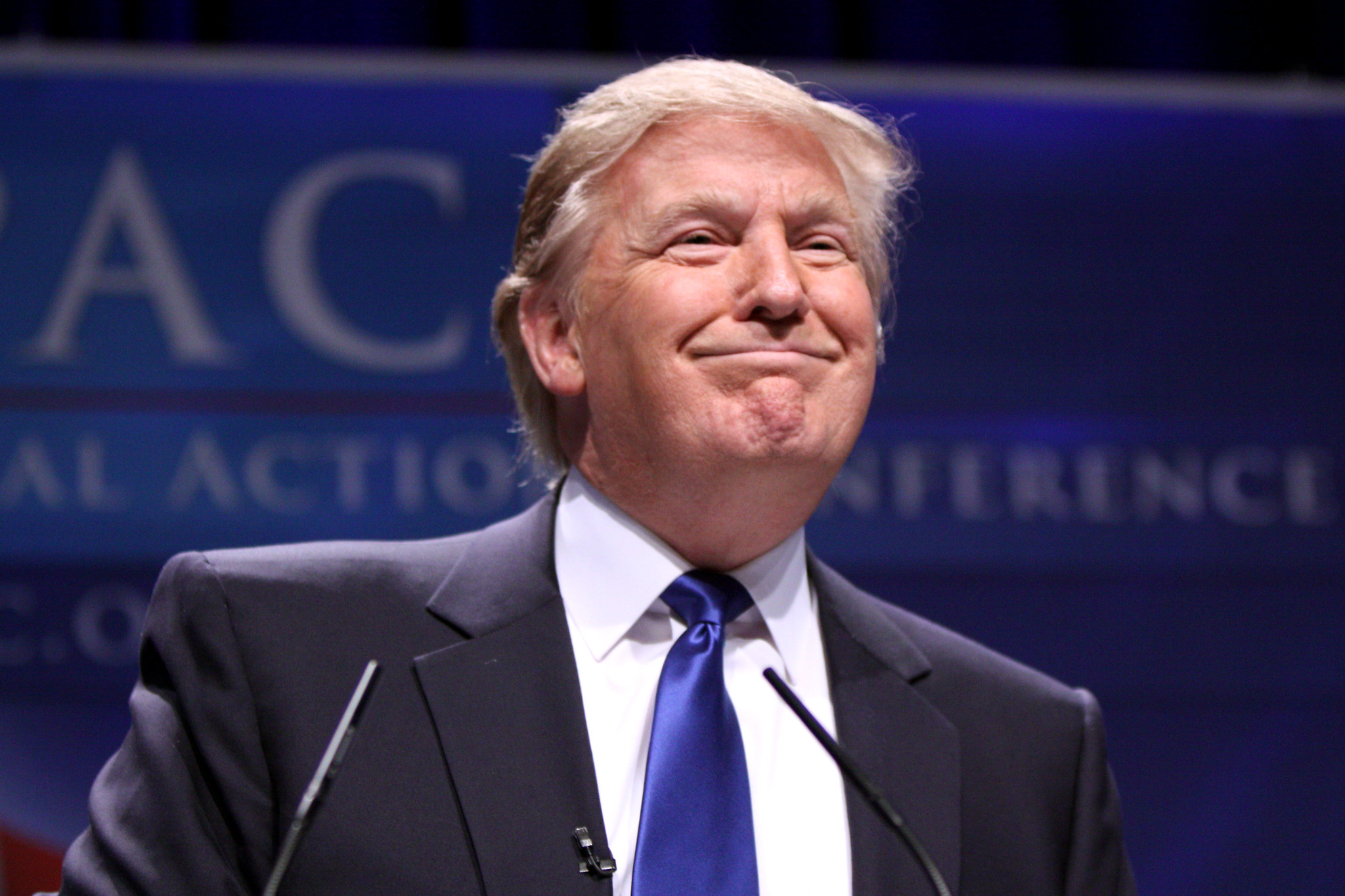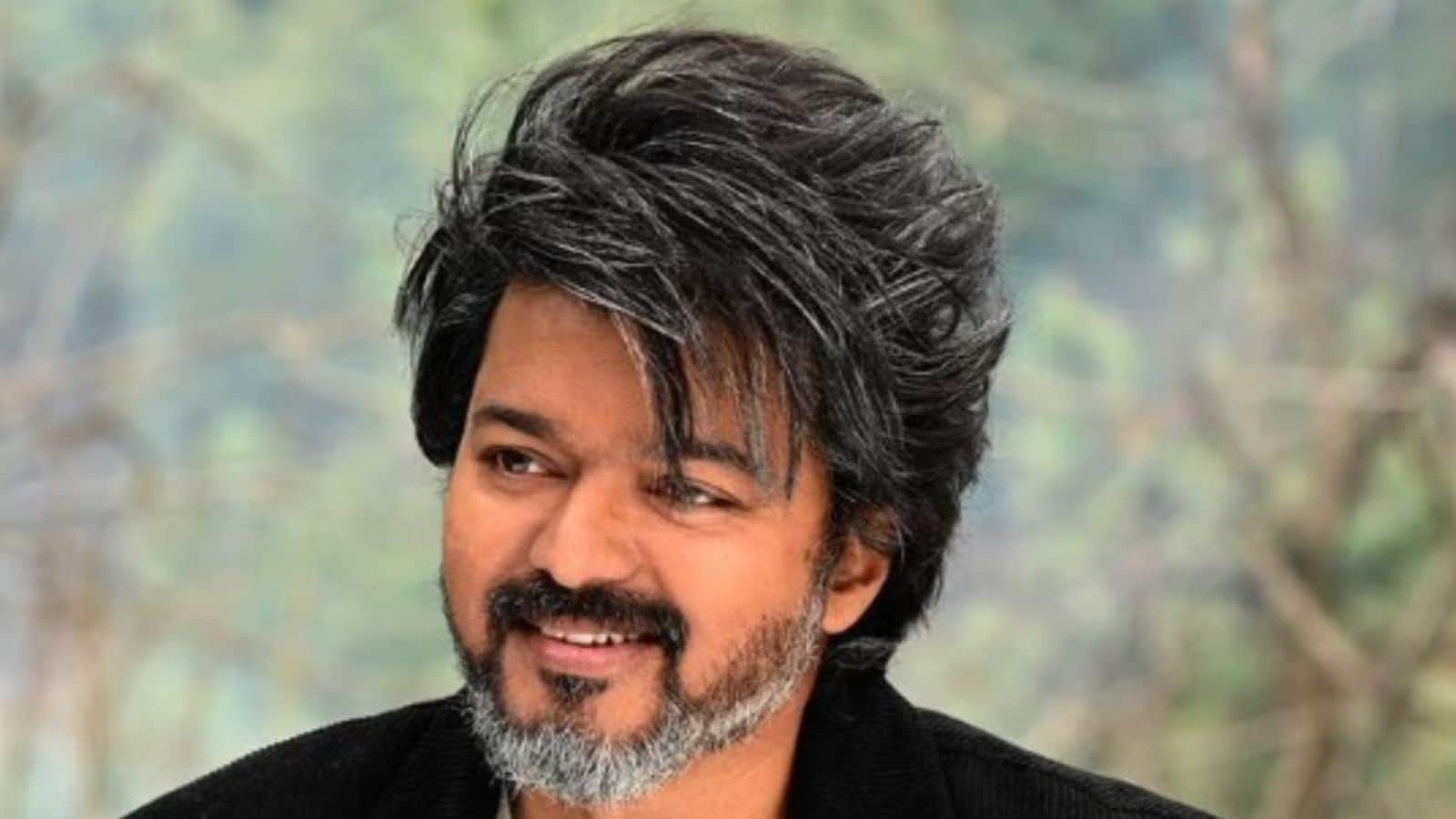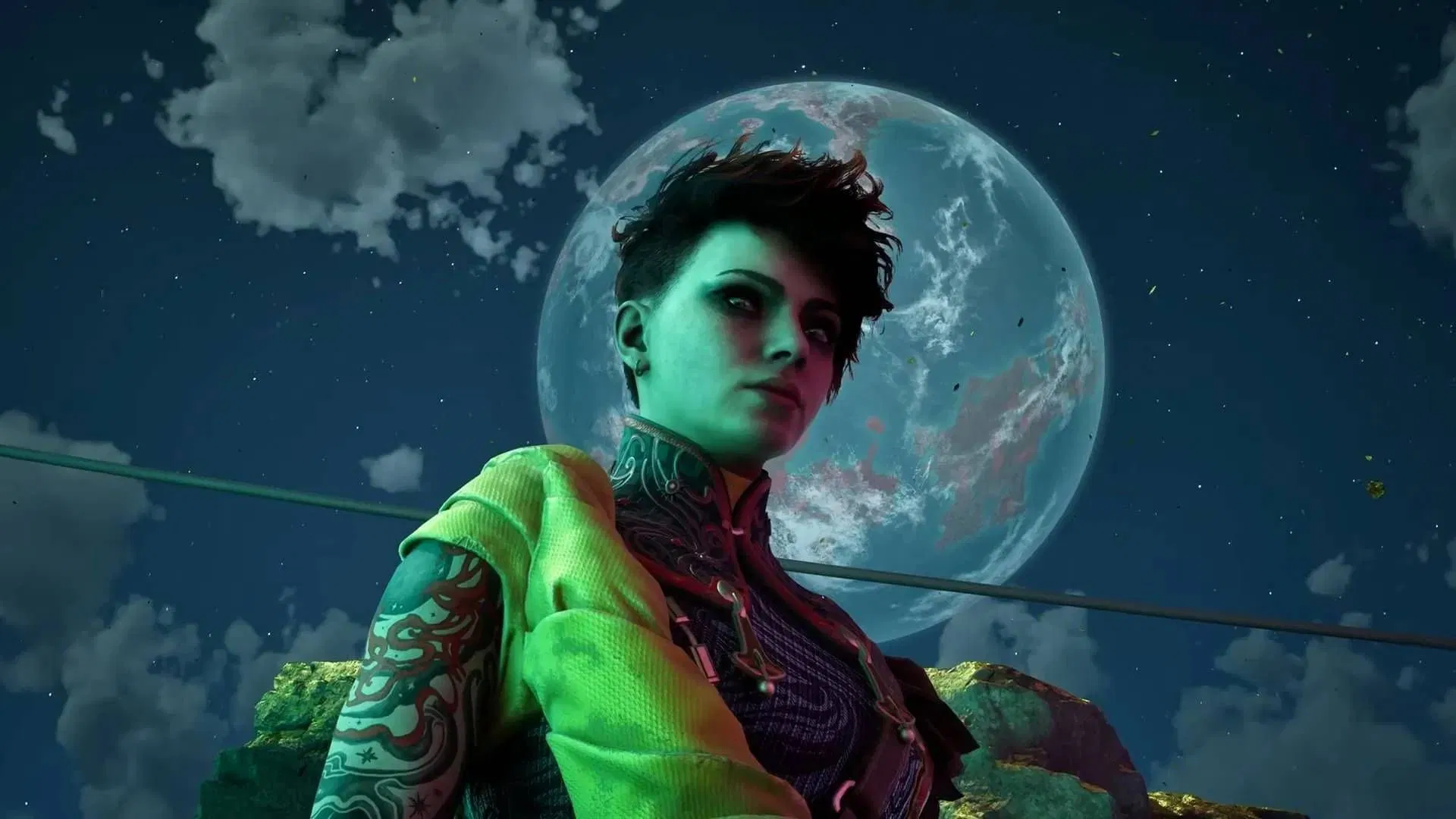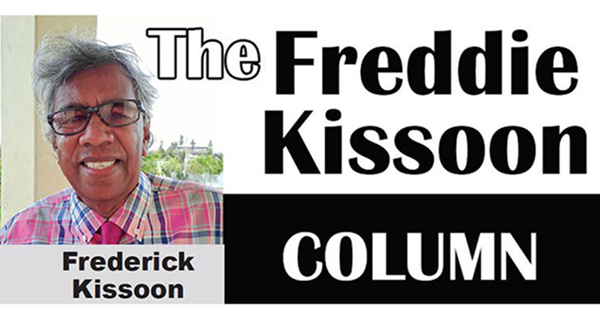Copyright Cable News Network
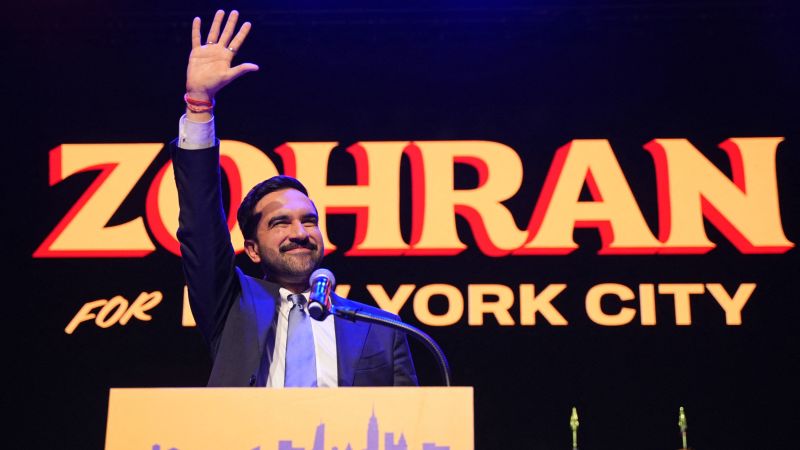
The day after the home of Eric Adams’s top fundraiser was raided, the new leaders of the Working Families Party, the coalition of progressive groups and labor unions, sent around invites to a secret meeting in November 2023. The left could see a way to beat the mayor they hated. They just needed a plan. Gathered in the common room of an apartment building in Long Island City: city comptroller Brad Lander, Brooklyn borough president Antonio Reynoso and state senator Jessica Ramos. Zellnor Myrie, another state senator who ended up running, was invited but didn’t come. Also sitting there: Zohran Mamdani. They were all surprised to see Mamdani there. “Zohran? Is Zohran thinking of running?” Working Families Party co-chair Ana María Archila, who helped organize the meeting, told CNN as the votes were coming in, recalling the reactions that went around. “I was like, ‘I don’t know, but I know he’s thinking about who should run,’” Archila said. In that first meeting and several that followed, the other potential candidates closer to launching kept their plans close to their vests, but Mamdani was eagerly participating, pitching and proposing ideas. Over coffees, he kept saying they needed to find some candidate to run on freezing the rent. He built a platform and staff out of the Democratic Socialists of America. Last summer, Mamdani told Archila he was jumping in. He wanted to combine what Rep. Alexandria Ocasio-Cortez and Brooklyn city councilman Chi Ossé had done in breaking down traditional politics with compelling social media and a plan to knock on a million doors, he said. He asked when the WFP would announce which candidate it would rank first on its primary slate and told her, “Give me as much time to get there as possible.” Those days, Mamdani was still driving back and forth to Albany with his friend and close ally, Jabari Brisport. In the car, they’d alternate between belting it out to a Mika playlist and show tunes: “Hamilton,” but also “Dear Evan Hansen.” “Waving Through a Window” was a favorite, at least, until he ended up on the phone from the passenger seat churning through calls as the campaign got moving, and then more late into the night in the hotel rooms they’d split. On Tuesday, Mamdani stood on stage before a packed Brooklyn ballroom and a national audience, quoting the socialist Eugene Debs and declaring himself proud of all who he is, as New York City’s first Muslim mayor and its youngest in a century. “Against all odds, we have grasped it,” Mamdani said, declaring the dawn of what he says will be the most ambitious agenda to tackle affordability since Fiorello LaGuardia was mayor in the 1940s. “The future is in our hands.” Mamdani’s history-making run is reverberating around the world and through Democratic politics. His allies reject criticisms that he isn’t truly a Democrat or that his ideas could only work in deep-blue New York City rather than the more politically diverse states Democrats will have to win to regain national power. “I don’t think anyone had this on their bingo card,” said public advocate Jumaane Williams, who also attended the secret meetings — not because he was going to run, but because they wanted to prepare if Adams had stepped down and he had become interim mayor. “But we all said we’re going to support what we believe.” But when he voted for himself Tuesday morning in a school gym, he came back to those secret meetings. On the ballot as the Democratic nominee, Mamdani voted for himself on the cross-endorsing Working Families Party line instead, an aide confirmed to CNN. Enormous changes are on the horizon A Mamdani mayoralty will mean enormous changes for New York City and its government. He has promised sweeping action to make public buses free and reduce the cost of living, including by opening government-run grocery stores. How he got here after his primary win and what happens now, according to CNN’s conversations with three dozen advisers, politicians, operatives, donors and others involved in Mamdani’s campaign and beyond in city politics, was more harried than a run against a disgraced former governor in Andrew Cuomo and a perennially kooky New York character in Curtis Sliwa might have seemed. “We understood this was not going to be the last phase of the fight,” Archila said, thinking back on primary night. “The billionaires didn’t spend $30 million to just fold their tent.” The Mamdani campaign’s post-primary internal polling surprised them: nothing, positive or negative, seemed to be moving voters in either direction. They gave up trying to win voters over, instead going with funny ads and videos parodying “The Bachelor” and “Survivor” that spread on their own among supporters — “We leaned into the vibes,” said one person involved with campaign strategy. Archila and others were a little worried about Mamdani’s campaign by the end of the summer. It felt sometimes like the energy that powered him as an underdog had been partly drained. Having embraced an anti-oligarch message and a strategy of answering every question and going to every event, Mamdani took a vacation to celebrate his wedding, then returned to hold a closed-door tour of business and city leadership groups meant to chill them out and maybe even change some minds. Bernie Sanders felt it too. According to a person familiar with their conversations, the Vermont senator told his aides to push back on the Mamdani campaign’s request that he just join for a town hall back in Sanders’ native Brooklyn. They needed to stop the race from consolidating against him, Sanders argued, and he believed his celebrity presence could push that along. Marching in the Labor Day parade, he figured, would become a scene, get all the cameras to take pictures of all the elected officials standing around him and Mamdani, and in turn, force holdout Gov. Kathy Hochul to edge closer as they walked up Fifth Avenue holding a unity banner together. The day before, on the first Friday in September, Sanders stopped by Trevor Noah’s podcast studio. He was walking out of the bathroom before they started recording when an aide held up a phone with the video just posted of Eric Adams at Gracie Mansion, calling Cuomo “a snake and a liar,” throwing the former governor in with Mamdani as “two spoiled brats” he was determined to beat himself. “All right!” the Vermont senator said, pumping his fist. Adams staying in, Sanders said, was going to make getting back on track easier. “He’s still going to drop out,” the senator said, according to a person who relayed the reaction to CNN, “but this is very good news.” Cuomo and his aides watched the same Adams event, trying to convince themselves that it didn’t matter much if Adams stayed in, according to one person familiar with the matter. But the former governor had been obsessing about pushing Adams out of the race going back months before even Cuomo launched his primary campaign in February, running on a sense of perceived inevitability. “I’ve got to get Adams and Sliwa out and then I’m going to win,” Cuomo kept saying, according to an operative who spoke with him but didn’t sign on to his campaign. “I know who to call, I know who to put pressure on.” Three weeks later, when Adams did in fact drop out — by then past the window when Sanders and Mamdani advisers felt it mattered — Cuomo’s team was struggling to disagree. Sliwa never did. At most, an adviser told CNN, they now had “a shot.” “You’re running against the Democratic nominee in New York, but he is a very flawed Democratic nominee,” the adviser said, insisting about Mamdani, “I don’t think the enthusiasm is quite what it was in the primary.” On Tuesday, Mamdani beat Cuomo handily anyway. Sanders had questions. Obama did too. When Sanders came back to New York for a closing rally at Forest Hills Stadium in Queens on the last Sunday in October, he was feeling better about Mamdani’s chances. But he had a different set of concerns, which he aired out in meeting after meeting in his hold room backstage, according to a person in the room. He waved off requests for selfies and handshakes and instead demanded more detailed plans from Mamdani’s transition head Elle Bisgaard-Church and campaign manager Maya Handa. At one point, Sanders asked former Federal Trade Commission chair Lina Khan for her ideas on what to do at City Hall. A former mayor himself, Sanders honed in on the first 100 days mark, telling them, “They’ll try to crush you,” and urging, “you’ve got to give people a sense of action.” Learn a little from Trump, Sanders told them: it’s not policy or communications – but seeing them as the same and as producing results. “Have you done research into your executive authorities? Do you have anybody on that?” Sanders asked. Aides offered up ideas they’d been working on. “What else you got?” he kept saying. By the Saturday before the election, Mamdani and his aides could feel the win. And that was before he heard Barack Obama’s voice on the line. Mamdani started by thanking Obama for his advice on their last call, over the summer, that he needed to focus on getting governing right. He’d been thinking a lot about it, Mamdani said. I want you to be a successful mayor, Obama reiterated, and that means delivering services and all the important basics. He needs to have more professionals around, Obama has worried in private conversations of his own. They’ve never met. It was only the second time they had spoken. But over the 30 minutes, the vibe as described by a person familiar with the call was real — no mention of Mamdani’s past tweets calling Obama a liar and “pretty darn evil,” instead more in line with Obama’s current mode of meshing his forever fascination with other young charismatic candidates and the new role he’s calibrating as party godfather trying to make sense of the left’s shifting politics. Mamdani also thanked him for his 2008 race speech, which he said had provided a template for his own Islamophobia speech two weeks ago, unlike an antisemitism speech he had reviewed and decided against giving earlier in the campaign. He caught Obama by using the 2008 speech’s formal name: “A More Perfect Union.” That’s flattering, Obama told him, but then he turned it back around: “The reason you have been so successful is because you have a deep sense of what you believe,” the former president told him, according to a person familiar with the call. Obama told him to come to him if he needed advice along the way. They made a loose plan to get together soon. A onetime ally falls out of the inner circle Behind the scenes, Mamdani was complaining to one friend weeks ago that he didn’t know why everyone was on his case to have a transition plan mapped out already. With his closest aides, he was already compiling lists of potential appointments to top positions. Some he’d talked to, some he hadn’t. Calls started to go out Tuesday to people who’ve been waiting for weeks to hear back telling them to expect to be named to a Mamdani transition committee. Still unresolved is his surprise declaration in the last mayoral debate that he would ask police commissioner Jessica Tisch to stay on. He later told CNN he had not asked Tisch herself if she would. Two potential future Mamdani aides told CNN they were aghast at the malpractice they believe it would represent if he actually hadn’t gotten a sign from her and what that might signal for governing ahead. One person who is out of the picture for now is Brad Lander, the city comptroller who was at that first Working Families meeting and later allied with Mamdani under the primary’s ranked-choice system. Once Lander’s own primary hopes began to sputter out in the spring, he essentially rebooted his campaign as a Cuomo takedown machine, with an explicit strategy of doing all the bashing — replacing his ads with an anti-Cuomo spot, building every event and robocall script around negativity, so that, advisers calculated, Mamdani could close out with all positive and hopeful feelings. He even sent an aide extra early to the debate site to find the exact right seat to put the son of a man who died in a nursing home on Cuomo’s watch during Covid-19 to be both in the camera line and in the former governor’s line of sight. And perhaps most importantly, Lander figuratively and literally wrapped his arms around Mamdani, validating him to suspicious progressives and particularly to Jewish voters. But over the summer, Mamdani would confide he wasn’t much impressed with Lander. Nice enough guy, but he didn’t seem particularly effective as comptroller, Mamdani said. according to a person familiar with his comments. The two went weeks without talking, and though Lander would get defensive and blame overlapping post-election vacations, all his talk that he’d be the one really running the city next year had gotten back to Mamdani and not gone over well. By the weekend before the election, Lander’s wife was telling friends at a party that Mamdani had called to tell the comptroller he would not have a job in the administration since he wasn’t getting the job he wanted. By the day before the election, Lander was reaching out to major donors to solicit commitments for a congressional run against Rep. Dan Goldman, according to a person familiar with the matter. Lander declined to comment on his plans on Tuesday night. “I will say, you know, this is the start of something, not the end of something,” Lander said, “and it’s — we got to keep going.” His opponents, and his supporters, get ready Even before Tuesday night, his opponents were doing their own planning for what comes next. Walking through Hell’s Kitchen on Sunday night as part of his final push, Republican candidate Curtis Sliwa predicted his own role after a Mamdani win. “I will declare myself mayor in exile, keep a strong eye on what he does as mayor, and every time he crosses that line — which he will — organize the opposition, protest, take all means necessary other than violence, and try to stop his initiatives,” Sliwa told CNN, adding that he expected Cuomo to move back out of town. (It’s unclear whether Cuomo actually will.) While several potential members of the Mamdani administration have discounted what will come of Trump’s threats to defund or come after the city, others say they believe Mamdani will be able to be a messenger that national Democrats need. John Catsimatidis, the billionaire friend of Trump who tried to boost Cuomo and failed to push out Sliwa, was telling people on a regular basis through the fall that some new development was about to drop against Mamdani “next week” and then “next week” again. Despite all that Mamdani tapped into and the campaign he ran, Catsimatidis says he’s still looking for an explanation for what to others is so obvious about the candidate, and what he tapped into. He offered a potentially ominous prediction given the Justice Department’s prosecutions of people Trump considers enemies, including New York Attorney General Tish James. “There’s something more that we don’t know,” Catsimatidis said, “and someday we’re going to find out.” But for now, there’s hope. US Rep. Ro Khanna of California, the Silicon Valley lawmaker-turned-Sanders acolyte who came to Queens the final weekend to speak as a prominent Hindu politician to a rally geared toward mostly Indian Muslim voters. He had to wait for Mamdani to finish speaking with Obama, spending that time to fanboy with Mamdani’s mother, the Indian filmmaker Mira Nair. When Mamdani’s SUV pulled up at Major Mark Park, he and Khanna only had a moment together. As Nair stood with them, Khanna broke out a little of the Hindi he knew isn’t as fluent as Mamdani’s. “Kahan se kahan,” he said, which means, “from where you started to where you are now.” Mamdani gave him one of his big smiles.
